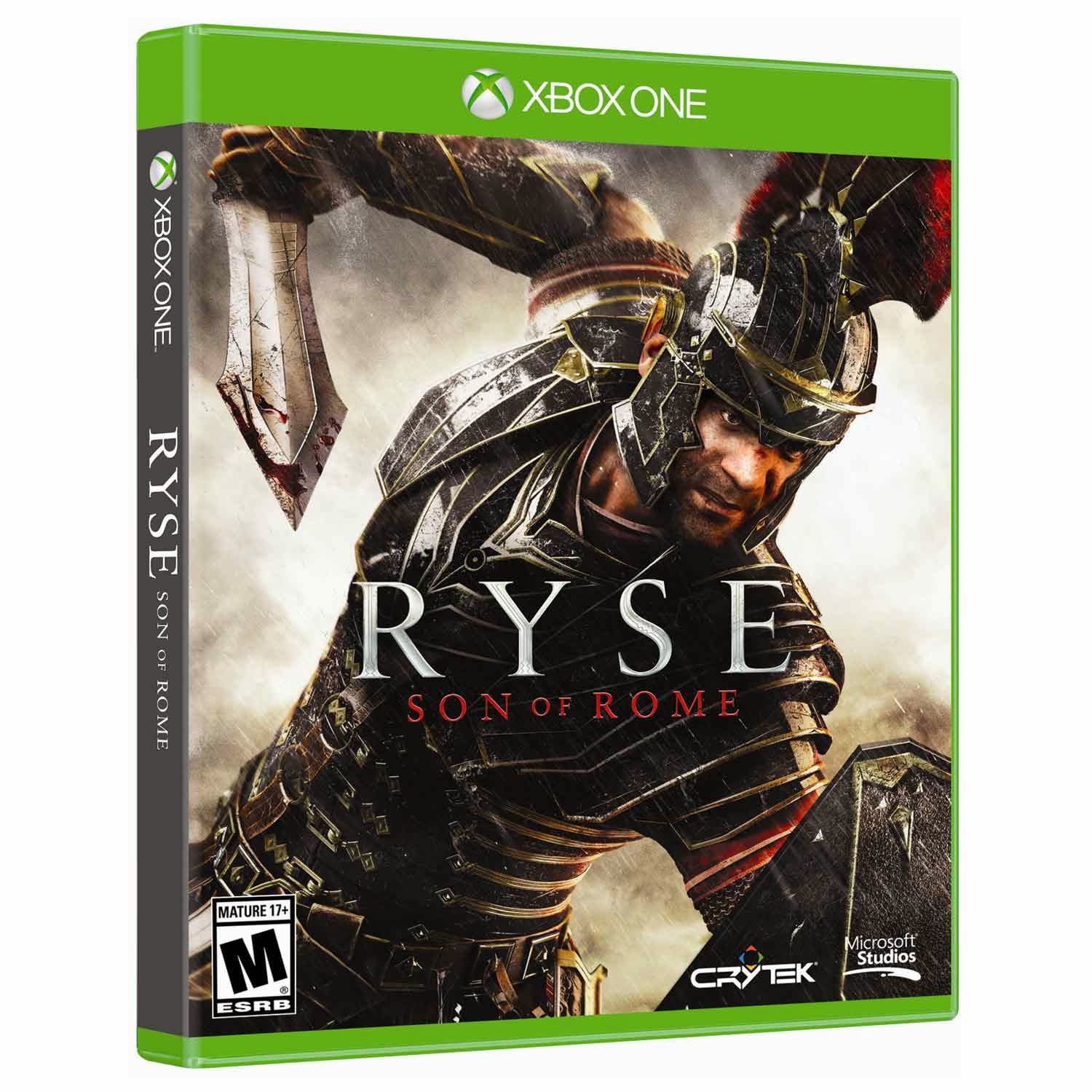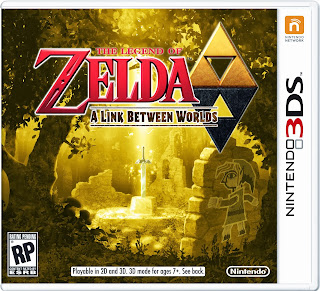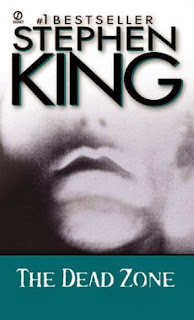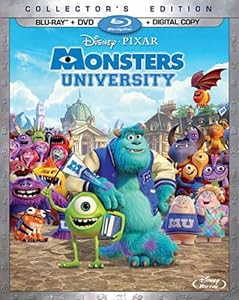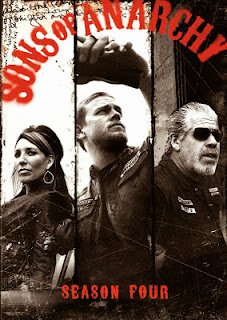Oh boy. Time for another post on the final season of a long-running show. You all know my takes by now; a solid final season can save the legacy of a floundering series, and a solid final episode can make up for a shaky final season. So, how did The Office manage in its ninth and final season? Let's break it down.
The Final Season
It had its share of rough spots, no question. Andy, ostensibly the main character in Season 8, was turned into a full-on villain for no apparent reason. That character has always been hard to pin down, but why they decided to make him an all-out dick in the final season escapes me. Fortunately, he was absent for nearly half of the episodes, all right in the middle of the season. While developments like this only pushed the overall idea of Dunder Mifflin's day-to-day functioning further and further into absurdity - the branch manager is gone for three months, the CEO has no idea, the workers openly abandon any pretense of doing work, and somehow they have their best quarter in years? - it was nice not to have to deal with Andy for a while. That's how terrible he became. Elsewhere, Jim and Pam finally began to experience their first troubled waters in an otherwise storybook-perfect six-year relationship. This was a welcome development, but its execution was iffy at best. That Jim would hide a career-changing decision from Pam seems asinine, given the character. And that Pam would fight Jim on moving away to Philadelphia from Scranton - which had long been established on the show as kind of a place where dreams went to die - doesn't jibe with her eight-year arc of dreaming about doing something more with her life than being a receptionist (and later salesperson) at a failing paper company. The season's worst decision of all was introducing Brian the boom mic guy as a potential wrinkle in the Jim-Pam romance. This is a guy who has worked on the documentary crew covering the office for nine years, who we've never seen nor heard about, who could have made his move on Pam back when she was single, but who instead waits until now that Pam is a married mother of two in order to reach out in some way. Just awful stuff. Why even have this character? Why couldn't someone like Dwight or Toby or one of the new guys filled that role for the four episodes it lasted? It just felt so sloppy and terrible. Overall, though, the final season wasn't sloppy and terrible. It was rough, for sure, and not nearly as funny or emotionally resonant as it once was, but it did all feel more relevant to the overall story of these coworkers and their lives than some of the middle-to-late seasons did - Sabre, DeAngelo Vickers, Robert California, and so on. This was a tired horse, and one that needed to be put down, no question, but it was also a horse that deserved one last lap in the sun. This season was that lap. The horse was hobbling and stumbling sometimes and you had to squint really hard to convince yourself this was the same horse that once ran those laps so beautifully and effortlessly, but the effort was passable enough. And that's my terrible metaphor for Season 9.
The Finale
Almost flawless. The finale was an epilogue, picking up one year after the documentary had finally aired. A few main characters - most of them, really - have retired, left, or otherwise been fired from Dunder Mifflin since then, but they're all back in Scranton on the same weekend for two reasons - a wedding and a "where are they now" style panel where they field questions from the audience about a number of aspects from the show. This latter concept was a great way to shoehorn in a bunch of answers to unresolved questions. And at the wedding, former castmembers Mindy Kaling, B. J. Novak, and Steve Carell returned after year-plus absences from the show. My biggest problem with the finale was the way Michael was used. The show seemed to treat his return far more like the return of the intelligent and kindhearted Steve Carell than the return of the juvenile and often petulant Michael Scott. The character got a few good lines in, but was overall far more dignified and classy than Michael Scott was ever capable of being. I'm sure that's a testament to how his life with Holly and their children has changed him in two or three years, but I mean, we spent seven years watching this guy struggle with basic social cues, making terrible jokes at every opportunity. It was great to have Carell back - truly, the finale wouldn't have felt complete without him - but that was only a faint facsimile of Michael Scott. Oh well. The finale ended with a series of talking heads, with different characters reflecting on their lives and their pasts and futures, and although it was a bit self-congratulatory, the whole thing was rather sentimentally poignant. Especially for Jim and Pam, whose story finally got a satisfying ending after being one of the more frustrating aspects of the ninth season.
The Legacy of The Office
Time will tell how history treats this show, but it has a number of things going for it. For one, it was the last true "hit" of NBC's once vaunted Thursday night comedy lineup. Shows like 30 Rock, Parks and Recreation, and Community are arguably of a higher average quality, but none of them ever sniffed the ratings The Office pulled in. Paradoxically, the initial delayed success of The Office represents a significant shift in the way networks judged the value of their shows back in 2005 or so. Back in those early days of online streaming and DVR viewership, The Office was struggling in raw ratings, but was one of the most popular shows on iTunes. NBC nearly canceled it after one season, and then nearly axed it again after a second. Instead, they gambled on these new and nontraditional metrics to gauge a show's popularity and reaped the rewards for years and years. So many years that by the time the show hit its peak in popularity it had already begun its slow but very apparent decline in quality. For my money, the show rebounded from a terrible pilot to lay some key character groundwork in its first season, then started getting pretty consistently good somewhere in the middle of the second season. The third season was perfect, and the fourth was solid but suffered from pacing problems, made worse by the fact that it kicked off with four hour-long episodes and was shortly thereafter interrupted by the writers' strike. The fifth season was full of good moments, and it breathed new life into the series with the additions of Holy and Erin, but things also felt a bit sillier and more absurd than in previous years, in which The Office had been grounded in some semblance of semi-reality. Season 6 was just completely boring, with far too much emphasis on Jim and Pam's lifetime achievements and a company merger that brought on too much Kathy Bates. Season 7 bounced back nicely with the Michael Scott farewell tour, and then Seasons 8 and 9 were just aimless and strange. They had no real reason to exist, since Michael's fulfillment at the end of Season 7 was the emotional climactic moment of the entire series. At least Season 9 ended on a good note. I guess if pressed to rank the seasons from best to worst, I'd go 3-2-5-4-7-1-9-8-6. Granted, this is having seen Seasons 2, 3, 8, and 9 just once each. I look forward to watching the series again one day, probably soon, likely with Marissa. She's seen bits and pieces from the show's entire run, but only earlier this year decided to watch it all in order. We'll jump back into Season 2 at some point soon, I hope.
Anyway, farewell to The Office. It was a memorable nine-year run.
















